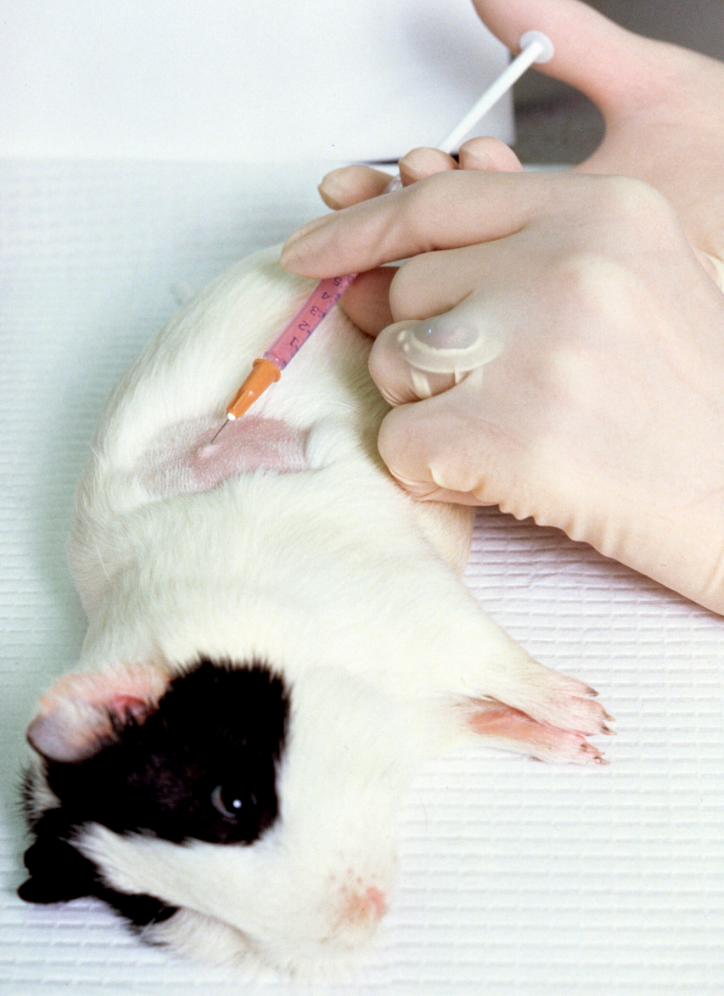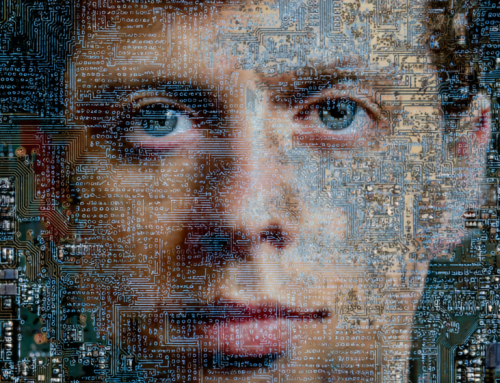
Will AI put an end to animal testing?
Biosimulation Could Bring New Drugs to Market Faster than Lab Testing
Animals have been sacrificed for decades to test new products⏤especially new drugs. In many countries, animals must be used for testing before the product moves on to human testing. Animals are often euthanized after testing, which has about a 10% success rate.
Investment in testing will reach $35 billion global this year and may hit $75 billion by 2025.
A company called Verisim Life is using AI to create biosimulations of animals to replace drug testing on living beings. The San Francisco company, featured in a story by Paul Sawers on Venturebeat.com, raised $5.2 million recently. The company said it will use its new financing to support expanded partnerships in academic and pharmaceutical realms to “computationally model and support better transitive research in drug development.” The funding will help Verisim Life progress beyond the proof-of-concept stage to use its technology in the industry.
“The cost and time of developing new medications have been growing for decades,” said Eric Stefanich, director of preclinical research at Genentech, one of Verisim’s biotech partners for its early-stage pilot. “Modeling and simulation approaches have potential to reduce the time and cost and restore sustainability to drug development. Verisim Life has the potential to help design better drugs, predict disease outcome, and select patients who would benefit from therapies, making the dream of personalized medicine a reality.”
Sawers reports that Dr. Jo Varshney, who founded the company in 2017, is developing disease-specific, AI-enabled biosimulation models, designed to reflect real interactions between drugs and animals’ biological systems. This allows pharmaceutical researchers to test many more potential candidates in a fraction of the time, ensuring the drugs that eventually make it to human clinical trials are more likely to be effective.
Verisim said it also plans to create “digital twins” of humans at some point in the future for research purposes.
Biosimulation is not a new idea and is used already in some areas of medicine. But to develop this animal specific simulation would free thousands of animals from cages and from a life of suffering, while bringing to market the newest drugs designed to also stop animals from suffering. And that would be a win in anybody’s book.
Also it’s been reported that Stanford researchers have developed AI models which can predict drug interactions, a development particularly important for people who take multiple medicines simultaneously.
read more at venturebeat.com







Leave A Comment